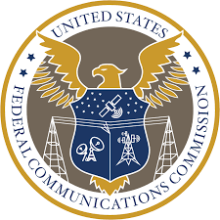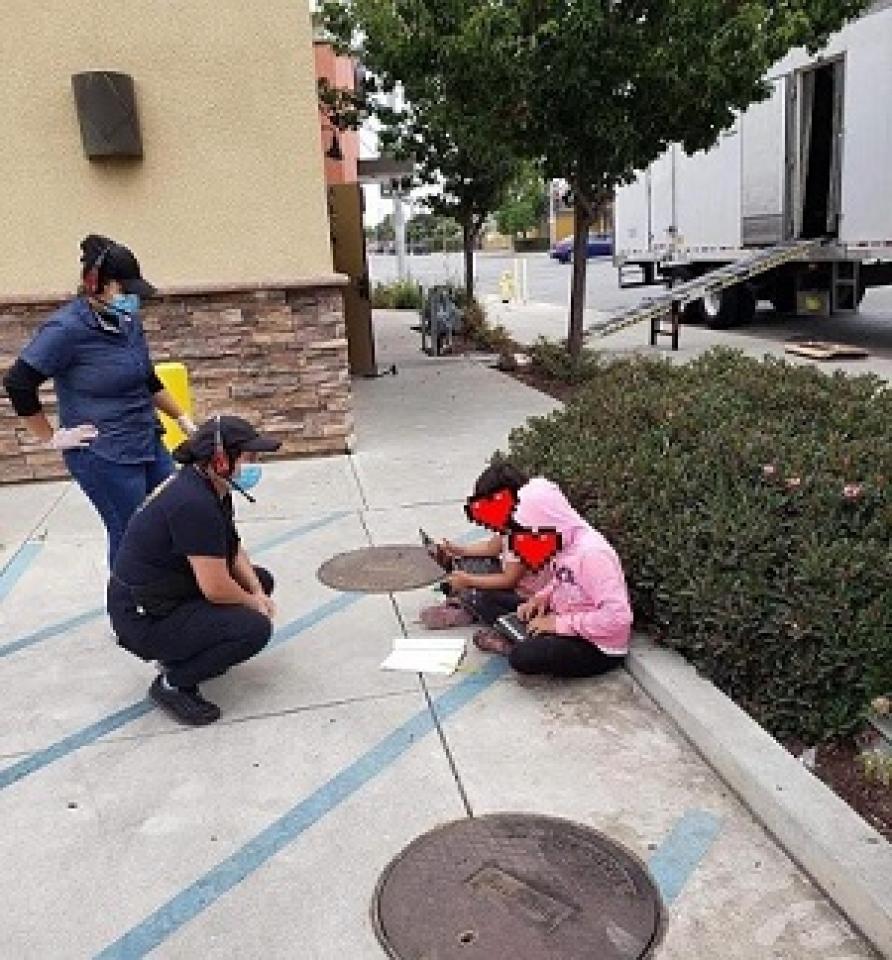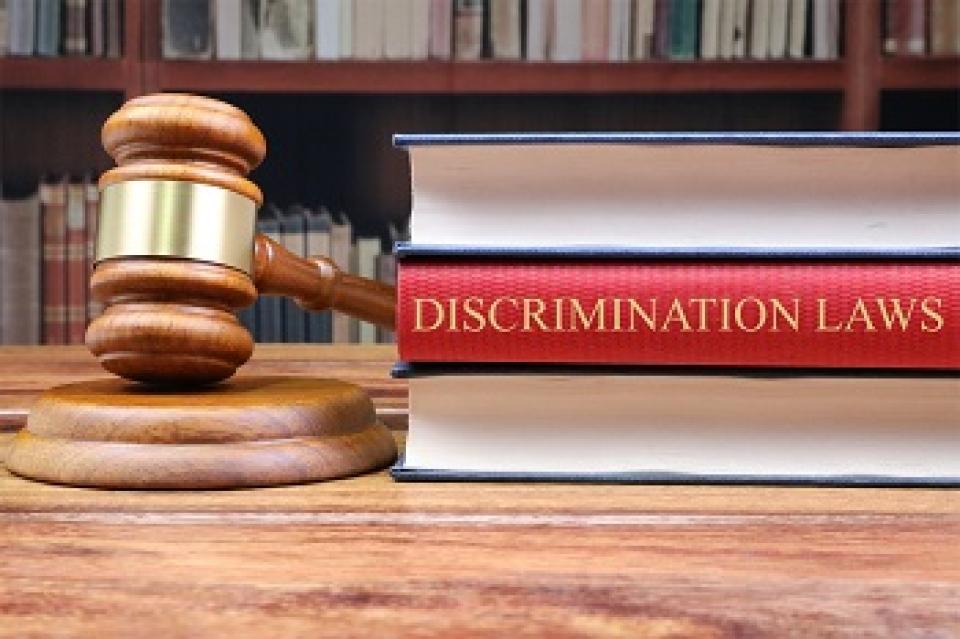
While many of us were in the midst of celebrating the holiday season, a number of significant broadband developments were being unwrapped in the nation’s capital.
The National Telecommunications and Information Administration (NTIA) announced that all 50 states and territories have received critical broadband infrastructure planning funds from the bipartisan Infrastructure Investment and Jobs Act (IIJA); the opportunity to make sure you're represented on the Federal Communication Commission (FCC) national broadband maps is closing in a week; and the FCC is kicking off a major initiative to combat digital discrimination which will have far-reaching consequences for the lowest-income households that only have access to low-speed or high-cost connections.

In the days before Christmas, the FCC issued a Notice of Proposed Rulemaking, kicking off the implementation of a provision required by the IIJA on the “Prevention and Elimination of Digital Discrimination.”
As explained in the Notice, the FCC will “seek to identify and address the harms experienced by historically excluded and marginalized communities; provide a grounding for meaningful policy reforms and systems improvements; and establish a framework for collaborative action to promote and facilitate digital opportunity for everyone.”
More specifically, as noted in a FCC press release, the Notice of Proposed Rulemaking seeks comment on:
- "A proposed definition of ‘digital discrimination of access’ as used in the Infrastructure Act."
- "Proposed revisions to the FCC’s informal consumer complaint process to accept complaints of digital discrimination."
- "Proposed adoption of model policies and best practices for states and localities to combat digital discrimination based on recommendations from the Communications Equity and Diversity Council."
- "Further details of the rules the Commission should adopt to facilitate equal access to broadband Internet service and prevent ‘digital discrimination of access,’ as well as identification of necessary steps for the elimination of such discrimination."
New Urgency for Longtime Problem
As the FCC embarks on this IIJA required-process to adopt rules to facilitate equal access to broadband by November 15, 2023, it’s worth noting that digital discrimination, or what some refer to as digital redlining, is not some imaginary grievance in the minds of the “woke.”
It is a very real aspect of the digital divide that disproportionately impacts historically marginalized communities.
Two recent examples, which we reported on here, highlight two separate recent investigations that found poor (mostly black and brown) neighborhoods pay more for slower Internet service than those in wealthy (mostly white) neighborhoods.
In a statement released by FCC Chairwoman Jessica Rosenworcel, she noted that “the urgency here may be new but that language is not,” adding that the FCC’s new push to address digital discrimination “echoes the command” embedded in previously enacted legislation, specifically the Communications Act.
Getting it right means thinking about these issues in a new way. So here’s what we have done so far. We created the Task Force to Prevent Digital Discrimination, which is leading our outreach on this proceeding and related issues. We also rechartered the Communications Equity and Diversity Council and broadened its lens, looking beyond media to explore diversity and equity across the broader technology and communications sector. And in every FCC rulemaking, we now seek comment on how the rulemaking may impact diversity, equity, inclusion, and accessibility.
Digital equity advocates who have long sought to remedy the opportunity-denying impacts of digital discrimination – whether intended or not – are expressing their appreciation of the FCC’s Notice.

Following the FCC’s announcement of the Notice of Proposed Rulemaking Senior Policy Counsel at Public Knowledge Jenna Leventoff said, “we applaud the FCC’s effort to meet the congressionally mandated deadline to create rules preventing and eliminating digital discrimination, although we’ll still need to fill the fifth Commissioner seat to achieve this goal.”
(Today, President Biden re-nominated Gigi Sohn to serve as that fifth commissioner, bouying the hope of a wide-spectrum of public interest groups, including our team here at ILSR) who have been calling on the Senate to confirm her nomination for the past year).
Leventoff goes on to say that “the Commission’s forthcoming rules around digital discrimination, if implemented correctly, could prove one of the most effective mechanisms available to ensure that everyone has access to affordable, reliable Internet service.”
In order to fulfill its congressional intent to end the disproportionate impact of the digital divide on low-income and marginalized communities, we hope that the Commission’s forthcoming rules will hold broadband providers liable for acts that lead to a discriminatory impact.
For a detailed analysis and more questions about addressing digital discrimination, we recommend having a look at the work being done by Kevin Taglang, Executive Editor of Communications at the Benton Institute for Broadband & Society. You can find that here.
Inline image of children using WiFi in fast food restaurant parking lot courtesy of Monterey County Supervisor Luis Alejo Tweet
Inline image of Internet bills courtesy of Digital Equity LA
Inline image of Discrimination Laws book and gavel courtesy of The Blue Diamond Gallery, Attribution-ShareAlike 3.0 Unported (CC BY-SA 3.0)







